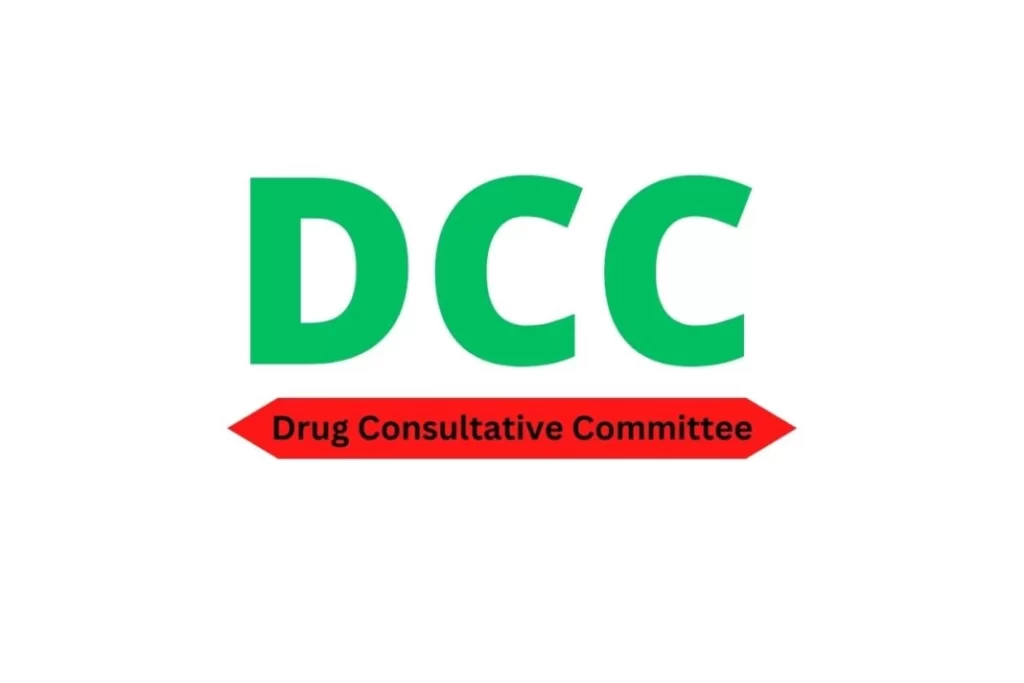Last Updated on August 27, 2024 by The Health Master
Guidelines
The Indian government is intensifying its efforts and issued guidelines to ensure the quality and safety of pharmaceutical products throughout the supply chain.
Central Drugs Standard Control Organization (CDSCO) has issued draft Guidelines on Good Distribution Practices (GDP) for Pharmaceutical Products.
A key development in this direction is the proposed inclusion of Good Distribution Practices (GDP) guidelines into the country’s drug regulations.
The Need for Stronger Drug Distribution Standards

The Drugs Consultative Committee (DCC) has highlighted the critical need for robust GDP guidelines.
Currently, the voluntary nature of these guidelines has resulted in inconsistent adherence across the industry, potentially compromising drug quality.
To address this, the DCC has recommended making GDP compliance mandatory by incorporating the guidelines into the Drugs and Cosmetics Rules, 1945.
Alignment with Global Standards
India is also aligning its drug distribution practices with international benchmarks.
The draft GDP guidelines released by the CDSCO are closely modeled after the World Health Organization’s (WHO) recommendations.
This step signifies India’s commitment to global drug safety standards.
Key Components of the Proposed GDP Guidelines
The proposed GDP guidelines encompass a wide range of critical areas, including:
- Supply Chain Integrity: Ensuring the security and traceability of pharmaceutical products throughout the distribution process.
- Storage and Transportation: Maintaining optimal storage conditions and adhering to stringent transportation protocols to prevent product degradation.
- Quality Assurance: Implementing robust quality management systems to monitor and control product quality.
- Complaint Handling and Recall Procedures: Establishing efficient mechanisms for addressing product complaints and conducting effective recalls.
- Personnel Training: Mandating training programs for personnel involved in drug distribution to enhance their knowledge and skills.
Industry Consultation and Implementation
The CDSCO has invited stakeholders to provide feedback on the draft GDP guidelines.
This collaborative approach ensures that the final guidelines are practical and implementable for the industry.
Once finalized, the guidelines will be incorporated into the Drugs and Cosmetics Rules, making compliance mandatory for all entities involved in drug distribution.
The implementation of stringent GDP guidelines is a significant step forward in safeguarding public health.
By ensuring the quality and integrity of pharmaceutical products, India is strengthening its position as a reliable source of affordable and effective medicines.
Disclaimer: This article contains information derived from the source mentioned below. Our team utilized an AI language model to rewrite and present the news or article in a unique format.
New Rules for Cosmetic Registrations and Imports
USFDA grants VAI classification to Dr Reddy’s at Visakhapatnam
CDSCO Panel nod granted to study Fexuprazan HCL Tablet
Indian Pharma gets Fast Track export to Argentina
USFDA approval granted for Valbenazine Capsules
Govt boosts Pharma Companies with Revamped Scheme
Tramadol Smuggling Ring Busted: 5 arrested in Gujarat
USFDA approval granted for first Nasal Spray for allergic reactions
Drug recall: Baxter recalls Heparin Sodium Injection Due to this reason









